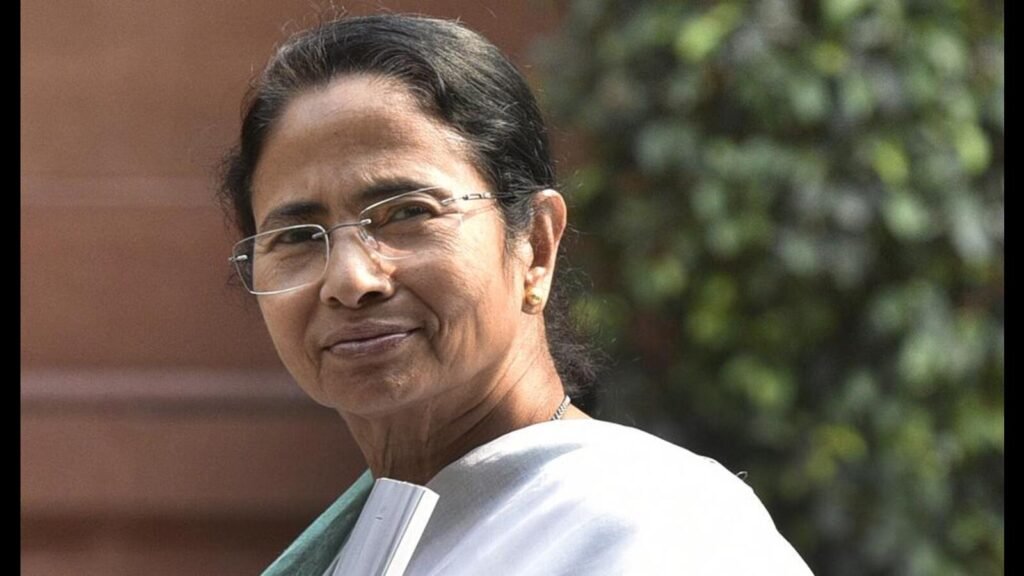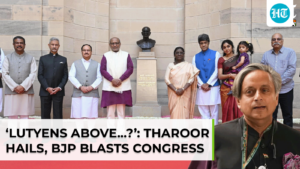
Kerala’s longest-serving chief minister (CM), EK Nayanar, had once said that rape in the US was as frequent as drinking a cup of tea. The statement created uproar, but it was no surprise that many Malayalis echoed his sentiment. For America was “uncultured”, their women wore short clothes, stepped out at night, and hence, could not complain about being sexually assaulted. The idea of culture here stemmed from what we, as a society, understood — that ours is the only one that can define the word, and everyone outside is bereft of it.

But what exactly is this culture we are so eager to defend and define? Why is it almost always used to police women?
Days after a 23-year-old MBBS student was gang-raped in Durgapur, West Bengal CM Mamata Banerjee said the survivor should not have been out at night — a familiar refrain that often follows incidents of sexual violence. To give Banerjee the benefit of the doubt, perhaps her stance presented itself from a moment of concern, which defaulted to blaming the student for being out at night. Women are no strangers to this kind of “concern”, but how do we perceive it when a tall leader, who built her political legacy on being a ferocious woman, voices them? The track records of many Indian politicians, among them former CMs Mulayam Singh Yadav and Om Prakash Chautala, have been no better. Yadav infamously dismissed rape by saying “boys will be boys”, while Chautala suggested lowering the legal age of marriage as a way to curb sexual violence.
Politicians are often compelled to speak about violence against women. They don’t mean to but have to. Their political stature also rests on how they perceive the “second gender”. At some point, the wheel needs to break, and they need to learn how to speak to young voters — a demographic that makes up 22.78% of India’s electorate, according to the Election Commission of India’s Atlas, based on data from the 2024 Lok Sabha elections. This age group, defined as those between 18 and 29 years, accounts for 223.19 million electors. This is not to assume that all young voters are progressive, but one can demand that politicians ought to be while talking to them.
An editorial in this newspaper (‘Politicians must take lessons in sensitivity’, October 15) rightly pointed out that politicians reflect the social moods and customs that govern us. Few truths about politics ring truer. Our leaders seem to believe that women can be handed some money and a gas connection, and they can be expected to stay contented. Conversations about crimes against women, or promises regarding their safety when they do step out at night, hardly feature in political campaigns.
The culture of patriarchy sees no gender. It tells men and women that equality is a myth and that we abide by it. We are offered lessons in patriarchy without bias. The culture we are so passionate about defining wants girls to be obedient, young women to be back home early, and mothers to raise their sons to value wives who are homemakers.
Patriarchal cultural norms make even a modest night stroll feel costly. Walking alone at night can be particularly peaceful. When the traffic eases, the breeze cools, and one can calmly feel the ground beneath the feet. For most women in India, this is a luxury, so we limit ourselves to cramped balconies and boxed hallways. So, we aspire for strolls at ungodly hours with the same passion for pay parity. Surely, our leaders, representatives of the people, can lend us a hand?
The views expressed are personal





